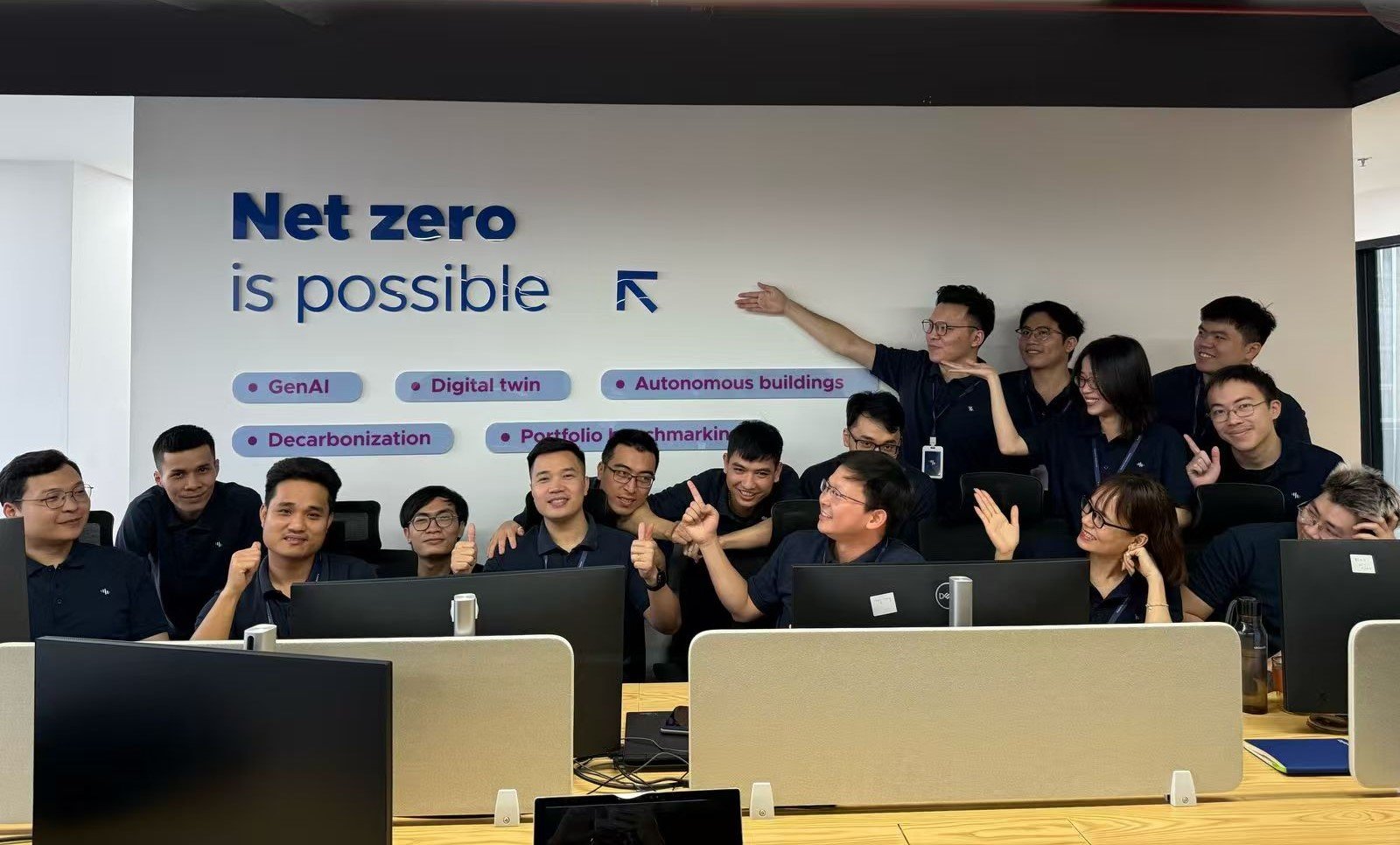Akila is proud to become a member of the United Nations Framework Convention on Climate Change (UNFCCC) “Race to Zero” campaign and the Climate Ambition Alliance, committing to halving greenhouse gas emissions by 2030 through addressing the decarbonization of buildings.
Because buildings and cities emit close to 40% of global energy-related carbon dioxide, energy-efficient and green buildings are vital to lowering carbon emissions worldwide.
Akila, an ESG-first digital twin platform, is finding its way to influence and help companies in taking action toward reaching their net-zero goal. Akila has been recognized as a World Economic Forum Technology Pioneer and is committed to the Science Based Targets initiative’s (SBTi) Net-Zero Standard.
“Akila is proud to join UNFCCC’s Race to Zero with our commitment to a net-zero goal. We’re rising to the climate challenges and addressing critical issues of decarbonization through digitalization, upholding the aim of improving indoor environmental quality while optimizing performance with smarter buildings, cities and people.”
Mark Bawtree, Head of Global Sales and ESG of Akila
Applying digital twin technology to the built environment can uncover and optimize the inefficiencies in the way buildings and their systems are managed. Uniquely advantaged in complex data management and real-time simulations, Akila has been proven to realize up to 30% of CO2 reduction, 90% of solid waste recycled, 20% of workforce optimization, and 30% of equipment durability improvement.
About UNFCCC
The UNFCCC took effect in 1994, it has near-universal membership (197 Parties) and is the parent treaty of the 2015 Paris Agreement. UNFCCC’s ultimate objective is to “stabilize greenhouse gas concentrations in the atmosphere at a level that will prevent dangerous human interference with the climate system, in a time frame which allows ecosystems to adapt naturally and enables sustainable development.”




